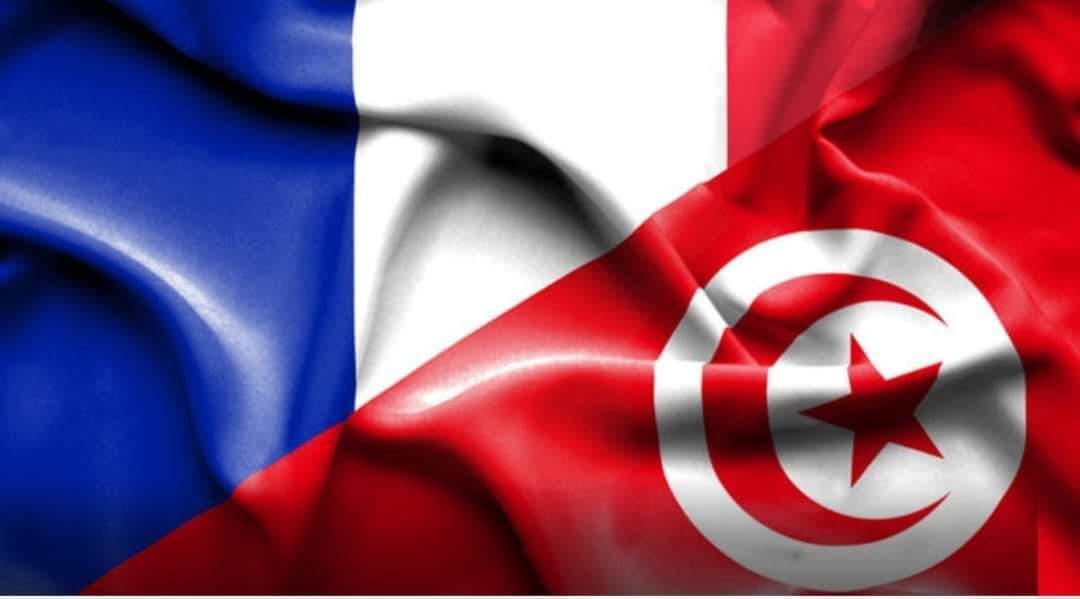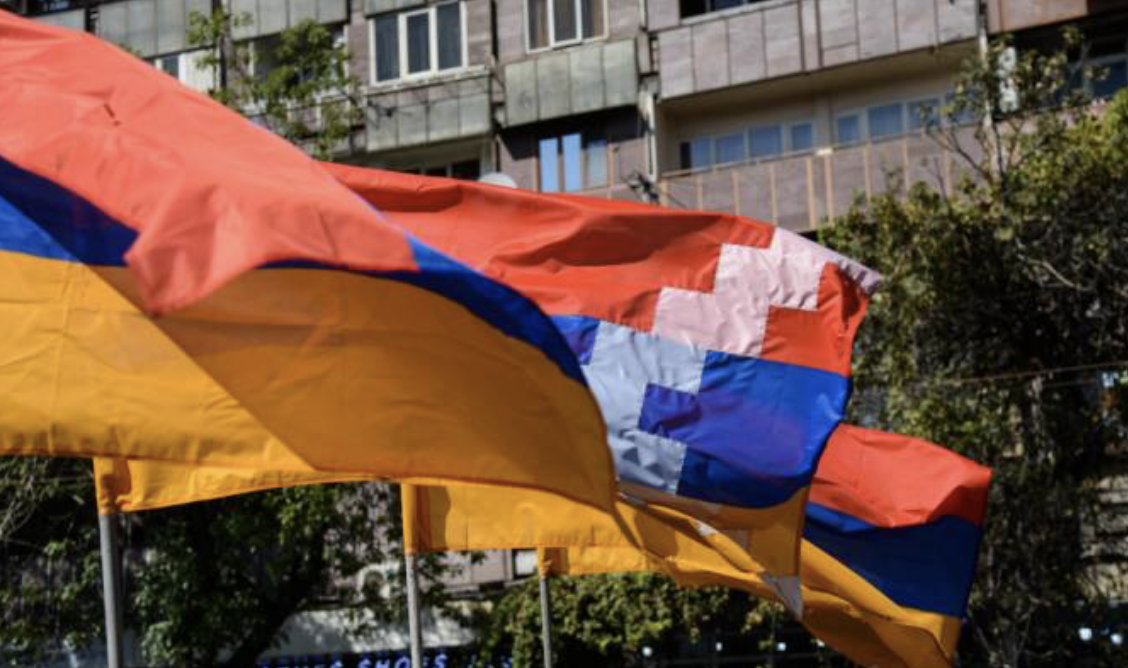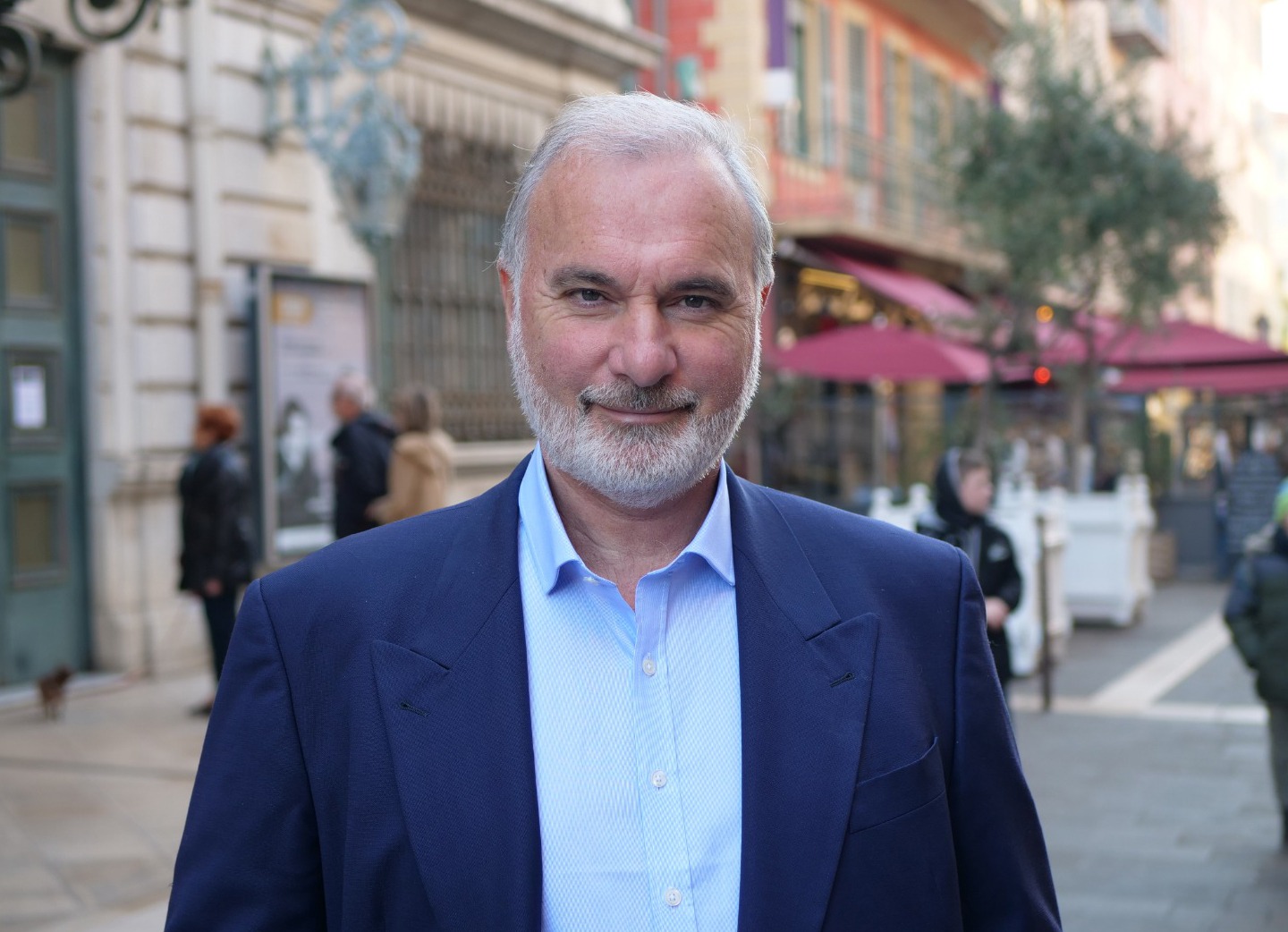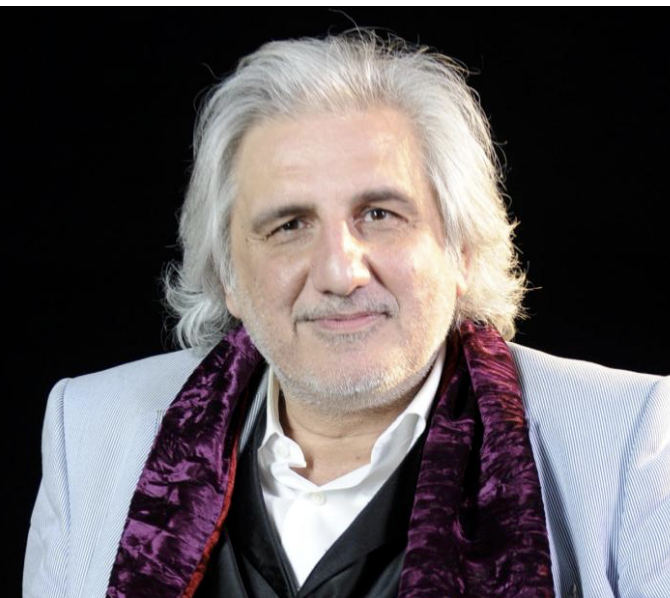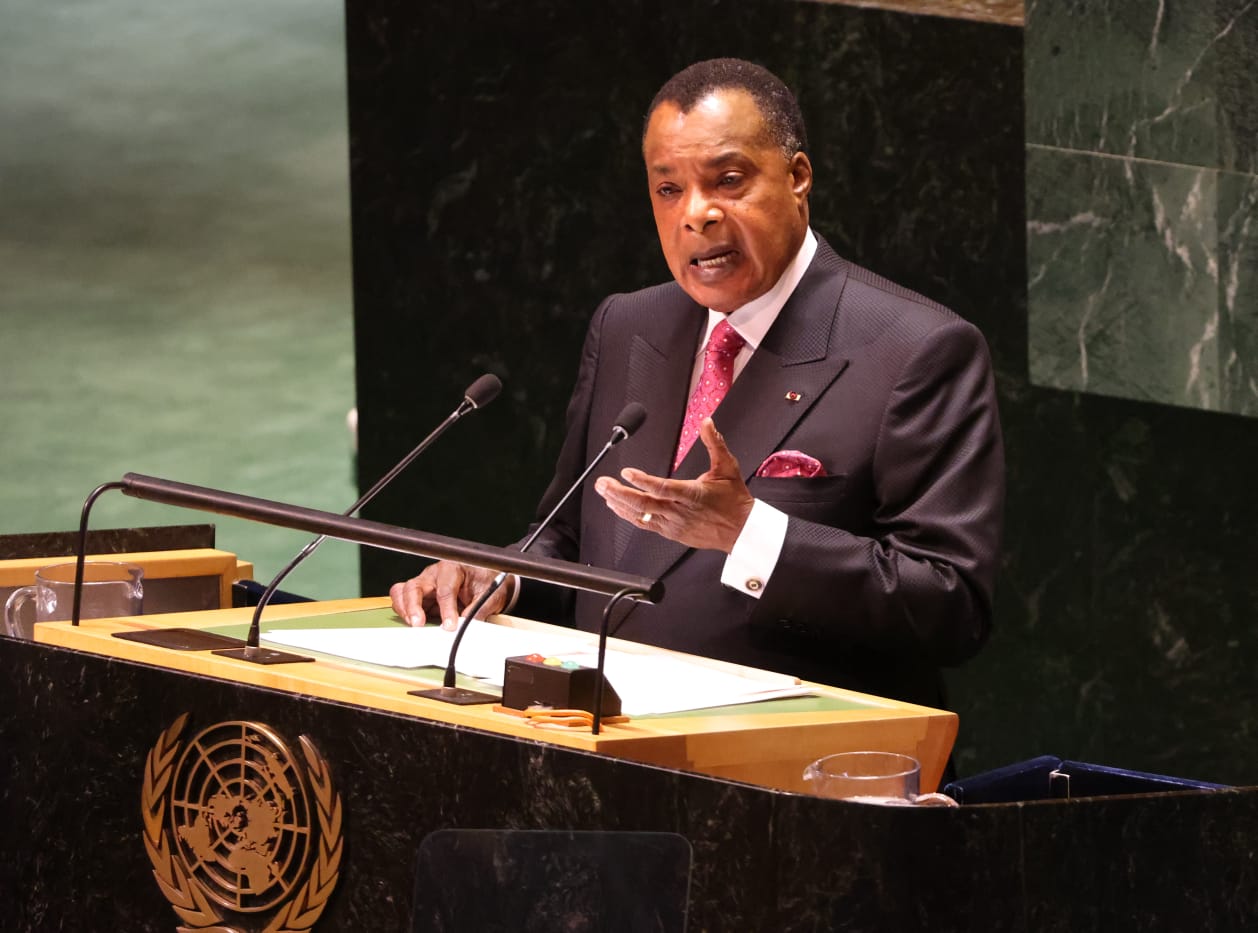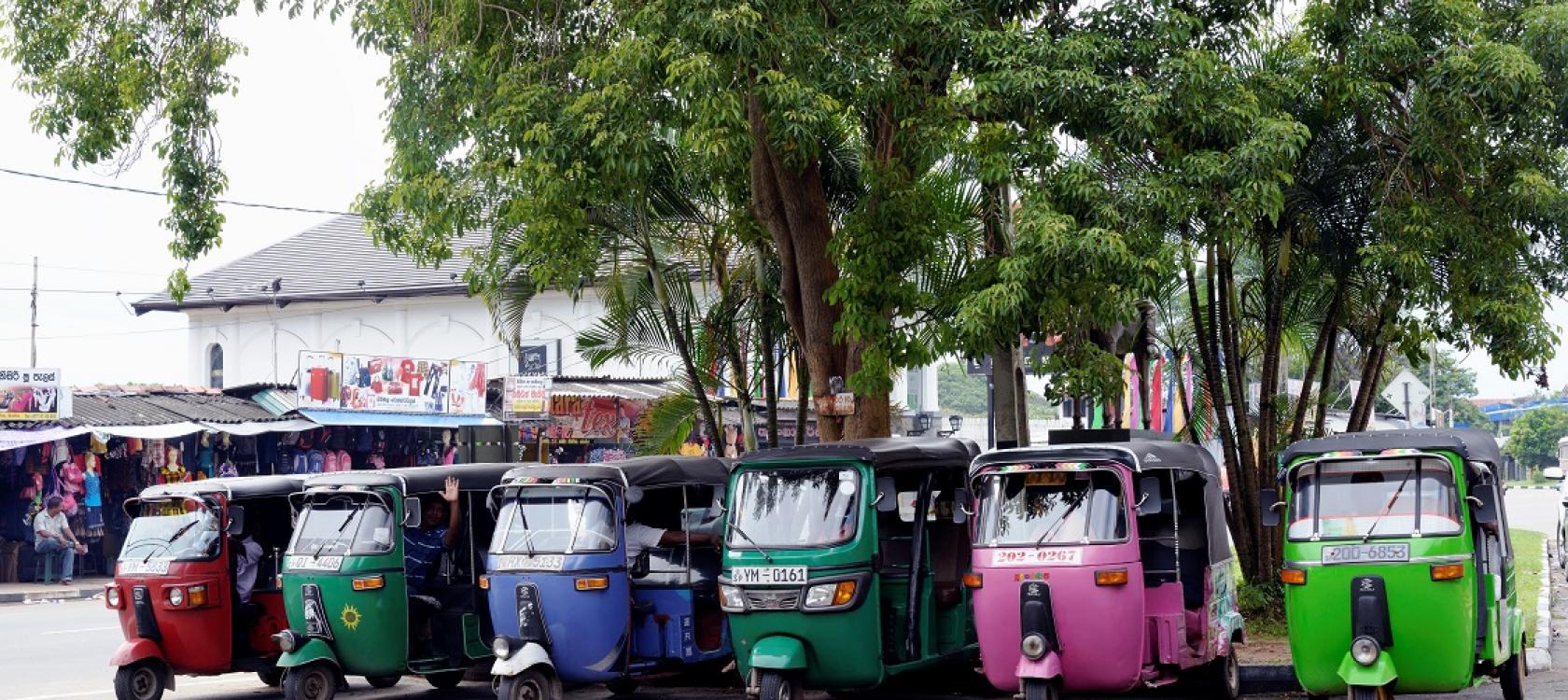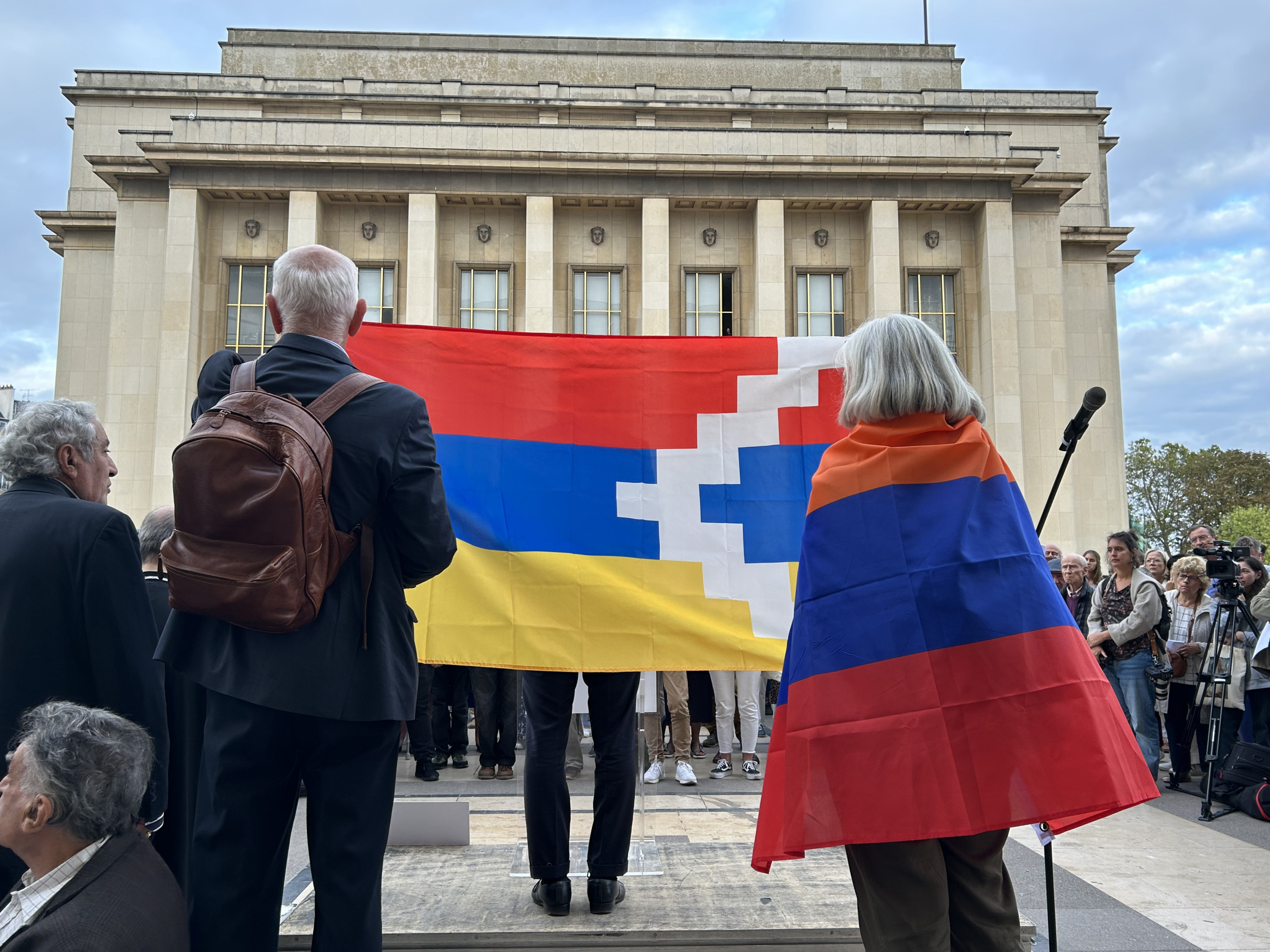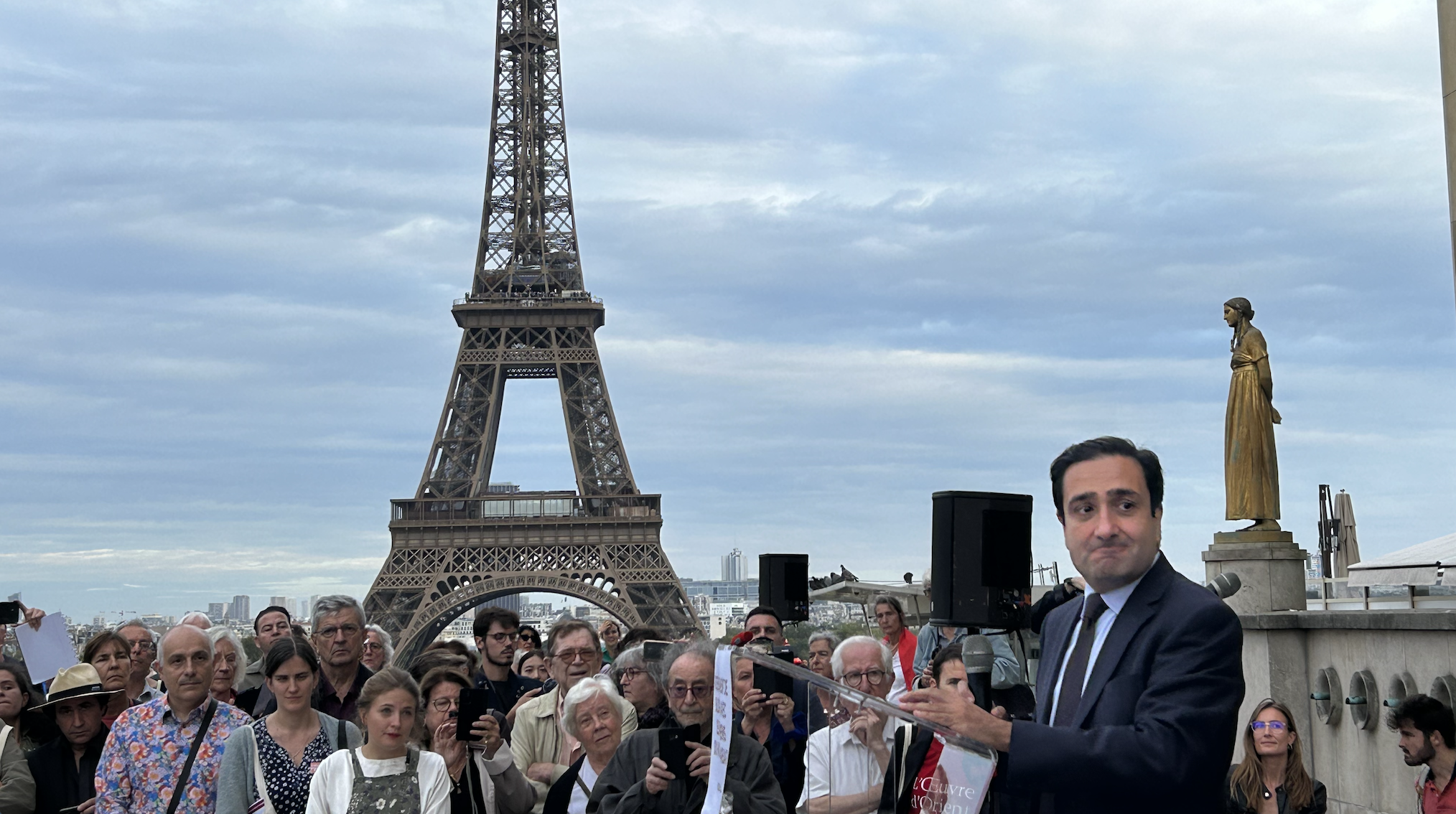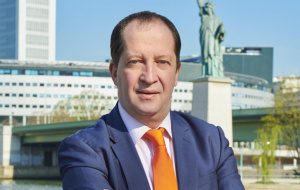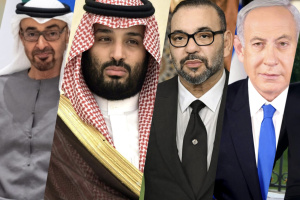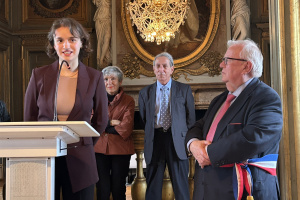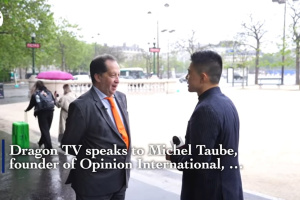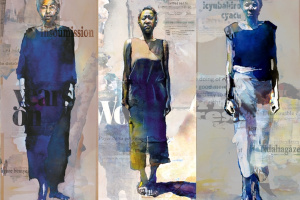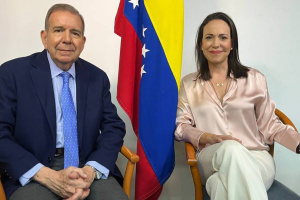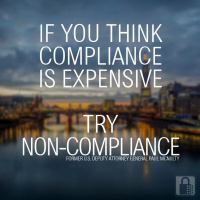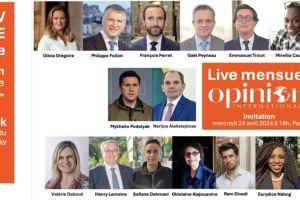Ce pays, gangréné par la corruption, où les élections sont manipulées et les pressions gouvernementales sur la liberté d’expression fortes, est déjà critiqué par les organisations internationales de droits humains. Avec cette nouvelle loi, il bafoue les traités internationaux qu’il a signés, notamment le Pacte international relatif aux droits civils et politiques et la Charte africaine des droits de l’homme et des peuples de 1981. Si la Gambie n’a eu accès à Internet qu’en 1998, dans le cadre d’un programme du PNUD (le Programme des Nations Unies pour le Développement), elle a vite développé le réseau. Mais Internet sert à rendre les citoyens plus informés et réactifs dans le débat démocratique; il semblerait que le gouvernement gambien en prenne désormais la pleine mesure et cherche à contrôler ses utilisateurs.
On July 5th, The Gambia’s National Assembly adopted a new Information and Communication Act, which drastically limits freedom of expression, especially on the Internet. Those who spread “false news and information” about the government and public officials can now be sentenced to fifteen years in prison and a fine of three million Gambian Dalasis (over 60 000 Euros).
While the Gambian government claims to be a democratic country, the NGO Freedom House notes the opposite in its reports. In Freedom in the World 2013, the NGO highlighted the state’s pressures on freedom of assembly and association, the official corruption, and the partial elections. The Internet, which turns its users into more alert citizens by giving them a space of expression, thus threatens The Gambia’s authorities. Internet was established in The Gambia in 1998, as part of the United Nations Development Program (UNDP) initiative Getaway. Although The Gambia is a relative newcomer to Information and Communication Technologies (ICTs), it has experienced a fast increase in its access and usage to them. According to the World Bank statistics, 10.9% of individuals are using the Internet in 2011, compared to 3.8% in 2005.
A breach of human rights
With this new Act, the Gambian government can intimate and prosecute online activists who try to practice as citizens. This is a flagrant breach of the international conventions, namely the International Covenant on Civil and Political Rights (ICCPR) and the African Charter on Human and People’s Rights, which the Gambia is party to. The Covenant guarantees “freedom to seek, receive and impart information and ideas of all kinds”.
Under The Gambia’s repressive regime political activists, lawyers and journalists already face widespread violence and harassment. Curtailing freedom of expression by harsh censorship on the Internet and especially on online speech prevents activists from holding the authorities accountable for The Gambia’s situation. Many international human rights organisations hence raise the alarm against this new Act; the association Article 19, among others, demands the repeal thereof.
Mehri Shahzeidi, Iranian graduate student in women’s studies









